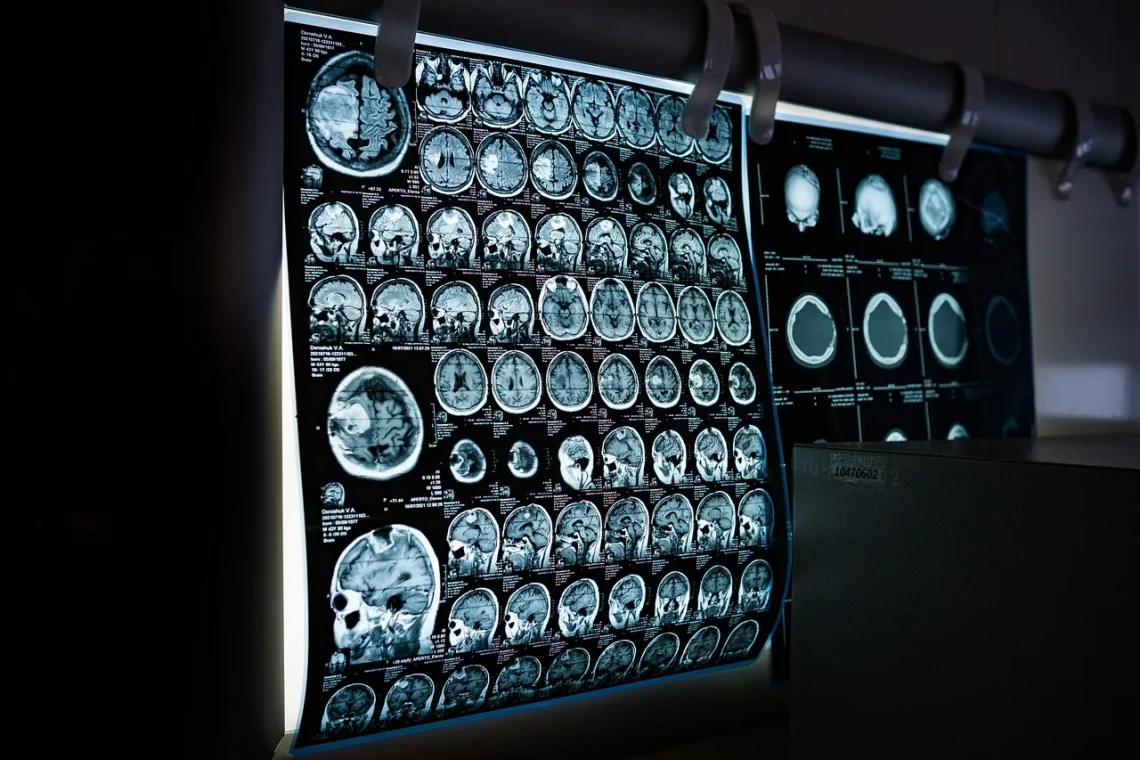
Advancements in MSU Neurology: Transforming Brain Health Care
Advancements in neurology have become a pivotal focus in modern healthcare, as medical professionals strive to enhance the understanding and treatment of neurological disorders. With the increasing prevalence of conditions such as Alzheimer’s, Parkinson’s, and multiple sclerosis, the demand for innovative approaches to brain health care is more critical than ever. The integration of cutting-edge research, technological breakthroughs, and collaborative approaches among experts has brought forth significant advancements that are transforming the landscape of neurology.
As researchers and clinicians delve deeper into the complexities of the human brain, they are unveiling insights that challenge previous assumptions and open new avenues for treatment. The brain, once considered a relatively static organ, is now recognized for its remarkable plasticity and ability to adapt. This evolution in understanding is accompanied by the development of novel therapies and interventions that aim to not only manage symptoms but also target the underlying mechanisms of neurological diseases.
A multidisciplinary approach is emerging, combining expertise from fields such as genetics, bioinformatics, and neuroimaging to create comprehensive care models. This integration is particularly evident at institutions like Michigan State University (MSU), where collaborative efforts are paving the way for breakthroughs in diagnosis, treatment, and prevention strategies. The commitment to advancing brain health care reflects a broader recognition of the importance of mental and neurological well-being as integral components of overall health.
Innovative Research in Neurodegenerative Diseases
Research in neurodegenerative diseases has taken significant strides, particularly in understanding the molecular and genetic factors that contribute to conditions like Alzheimer’s and Parkinson’s. Scientists are employing advanced techniques, such as CRISPR gene editing and high-throughput sequencing, to identify genetic mutations that may predispose individuals to these disorders. By deciphering the intricate genetic landscape of these diseases, researchers are not only enhancing diagnostic accuracy but also paving the way for targeted therapies.
Moreover, the development of biomarkers is revolutionizing the early detection of neurodegenerative diseases. Biomarkers are biological indicators that can signal the presence or progression of a disease, allowing for earlier and more accurate diagnoses. For example, the identification of specific proteins in cerebrospinal fluid has shown promise in predicting the onset of Alzheimer’s disease long before clinical symptoms manifest. This early intervention potential could lead to more effective treatment strategies and improved patient outcomes.
In addition to genetic research, there is a growing focus on understanding the role of environmental factors in neurodegenerative diseases. Studies are exploring the impact of lifestyle choices, such as diet, physical activity, and exposure to toxins, on brain health. This holistic approach recognizes that while genetics play a crucial role, lifestyle modifications may offer significant protective benefits against the onset of neurodegenerative conditions.
Furthermore, collaborative research efforts at institutions like MSU are fostering partnerships between neuroscientists, clinicians, and public health experts. This interdisciplinary approach facilitates the sharing of knowledge and resources, leading to more comprehensive studies and innovative solutions. By combining insights from various fields, researchers are better equipped to tackle the multifaceted challenges posed by neurodegenerative diseases.
Technological Advancements in Neurological Treatments
The rapid advancement of technology has profoundly impacted the field of neurology, leading to novel treatment options and enhanced patient care. One of the most exciting developments is the use of neurostimulation techniques, such as deep brain stimulation (DBS) and transcranial magnetic stimulation (TMS). These non-invasive methods have shown promising results in alleviating symptoms of conditions like Parkinson’s disease and major depressive disorder.
Deep brain stimulation involves implanting electrodes in specific brain regions to modulate abnormal neural activity. It has become a viable treatment option for patients who do not respond adequately to medication. The ability to adjust stimulation parameters offers a personalized approach, enhancing the efficacy of the treatment. Ongoing research is focused on refining these techniques and expanding their application to other neurological disorders.
Transcranial magnetic stimulation, on the other hand, utilizes magnetic fields to stimulate nerve cells in the brain. This technique has gained traction as a non-invasive treatment for various conditions, including migraines and anxiety disorders. As research progresses, the potential for TMS to be used in conjunction with psychotherapy is being explored, aiming to maximize treatment outcomes for patients.
In addition to neurostimulation, advancements in telemedicine have transformed how neurological care is delivered. Remote consultations and virtual monitoring allow patients to access specialized care without the need for extensive travel. This is particularly beneficial for individuals living in rural or underserved areas, where access to neurologists may be limited. Telemedicine not only increases patient convenience but also enhances continuity of care, as healthcare providers can monitor patients’ progress and adjust treatment plans in real time.
Moreover, the integration of artificial intelligence (AI) and machine learning in neurology is revolutionizing diagnostics and treatment planning. AI algorithms can analyze vast amounts of data, including medical histories, imaging results, and genetic information, to assist clinicians in making more informed decisions. This technology has the potential to improve diagnostic accuracy and tailor treatment approaches to individual patients, ultimately enhancing overall outcomes.
Collaborative Care Models in Neurology
The complexity of neurological disorders necessitates a collaborative approach to care, integrating various specialties to provide comprehensive treatment. At MSU and similar institutions, multidisciplinary teams comprising neurologists, psychologists, physical therapists, and occupational therapists work together to develop personalized care plans for patients.
This collaborative model acknowledges that neurological disorders often have a profound impact on a patient’s overall quality of life. By addressing not only the neurological symptoms but also the psychological and physical aspects of care, healthcare providers can offer a more holistic approach. For instance, patients with multiple sclerosis may benefit from medication management, physical rehabilitation, and psychological support, all coordinated by a team of specialists.
Additionally, patient education plays a crucial role in this collaborative framework. Empowering patients with knowledge about their conditions and treatment options fosters a sense of agency and encourages adherence to treatment plans. Support groups and educational workshops can provide patients and their families with valuable resources, creating a community of support that extends beyond medical interventions.
Furthermore, the involvement of caregivers in the treatment process is vital. Caregivers often bear the emotional and physical burden of supporting individuals with neurological disorders. Providing them with resources, training, and support can significantly enhance the quality of care for patients. Recognizing and addressing the needs of caregivers is an essential component of a successful collaborative care model.
In conclusion, the advancements in MSU neurology are transforming brain health care through innovative research, technological breakthroughs, and a collaborative approach to patient management. As our understanding of neurological disorders continues to evolve, so too will the strategies employed to diagnose, treat, and support individuals affected by these conditions.
**Disclaimer:** This article is not intended as medical advice. For any health-related concerns, please consult a qualified healthcare professional.




